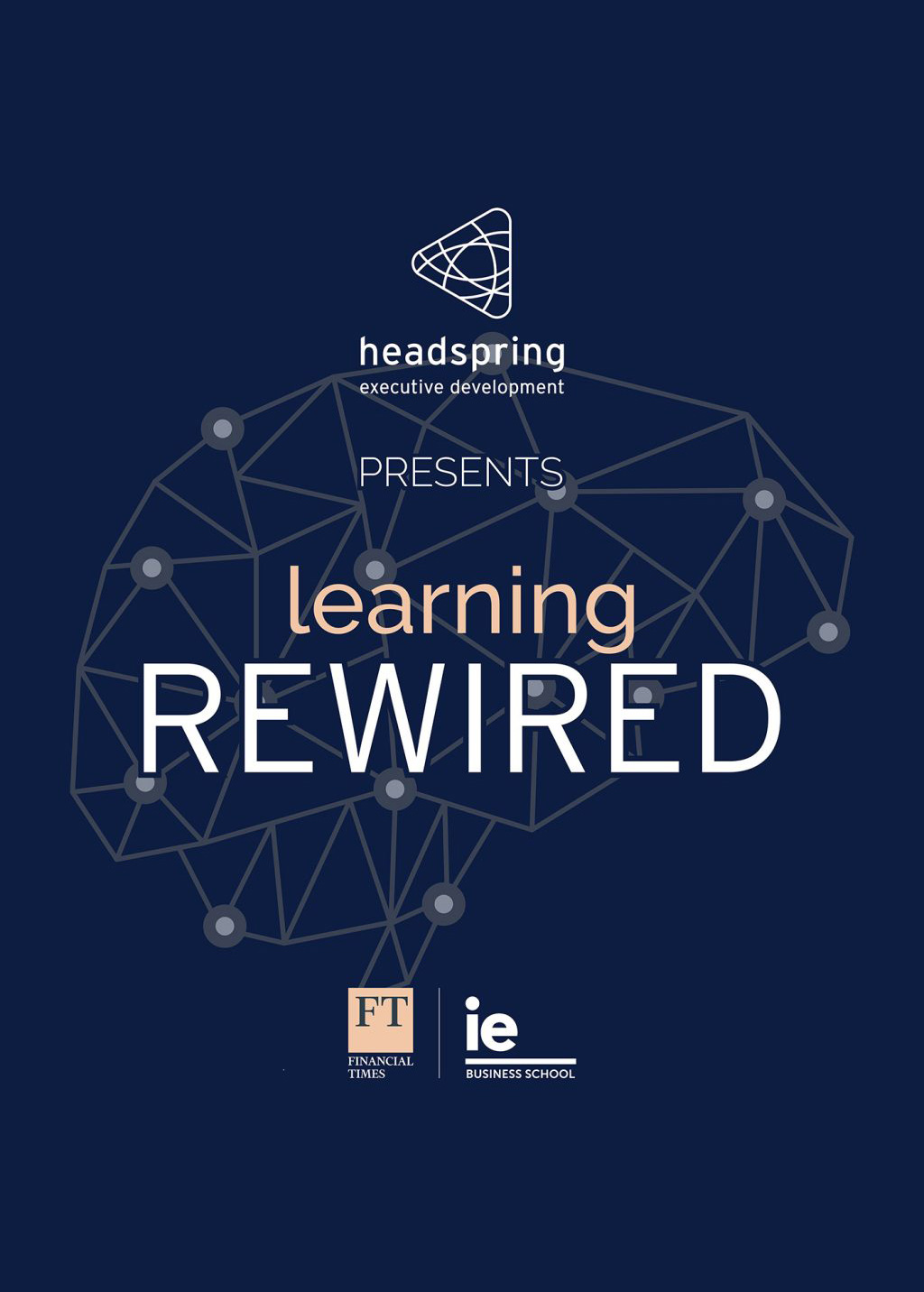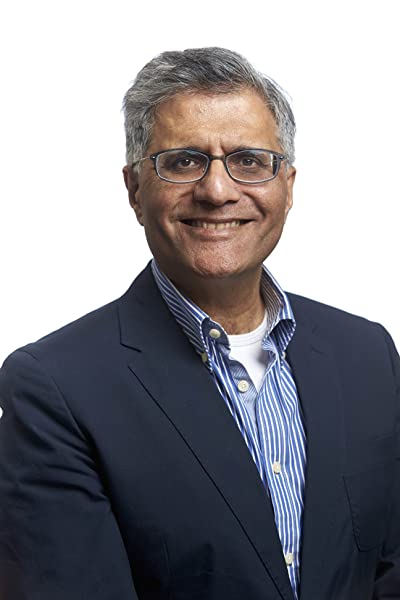- Learning Rewired Podcast
WHY WE NEED INCLUSIVE LEADERSHIP
As we move further into a globalised future, learn how a heightened awareness of diversity impacts organisations and the role of inclusive leadership.Listen on Spotify Listen on Apple Podcasts

#05 Why We Need Inclusive Leadership
It seems we are living in a time of increased polarisation. Every day we are reminded of the things that make us different rather than those that connect us. This is a heightened awareness of diversity, but often at the expense of inclusion.
In this episode, Binna Kandola joins us to discuss what does this means for organisations, their leaders, and those responsible for fostering positive human and organizational development. Reflecting on decades of research and consulting in a wide range of businesses, Professor Kandola discusses the role of inclusive leadership as we move further into a globalised future and shares his views on its needs and requirements, covering topics such as the dangers of diversity targets, how diversity and inclusion drive innovation, and the qualities of an inclusive leader.
More Episodes
Binna Kandola
Professor Binna Kandola OBE is a Business Psychologist, Senior Partner and co-founder of Pearn Kandola psychology firm.
Over the past 35 years, he has worked on a wide variety of projects for public and private sector clients both in the UK and overseas. In 2008, Professor Kandola has been awarded an OBE – one of the highest-ranking Order of the British Empire awards – for his impactful services to Disadvantaged People and Diversity. His work and contribution has been recognised in several other instances including The Independent on Sunday’s list of the UK’s Top Ten Business Psychologists, and more recently in the Asian Power List 2020 as one of Britain’s 101 Most Influential Asians.
Professor Kandola is a regular contributor to several news outlets such as Sky News, BBC and Channel 4 News, and an author of several acclaimed books on key D&I topics, namely: ‘Racism at Work: The Danger of Indifference’ which explores the origins and evolution of the race bias that distorts our organisations, ‘The Invention of Difference: The story of gender bias at work’ which takes a historical, sociological and psychological approach to explain how we’ve built a world divided between men and women, and ‘The Value of Difference: Eliminating bias in organisations’, an extraordinary work that challenges the conventional wisdom of the world’s current approach to diversity and our unconscious bias.
Learn more about Binna KandolaIn this Episode
Who is responsible for building culture within an organisation? Leaders have the most important role. And then beyond that, we all have a role to play. The leader will set the context: this is the kind of set of values that I want to see expressed in this organisation, this is the type of behaviour that I want to see us engaging in. And if I see anything, where people are stepping out of line, there are consequences. That sets the tone. And then beyond that, it's up to everybody in the group then to tell one another when we're when we're stepping out of line because the leader can't be everywhere, on every occasion. Then it's up to all of us then to uphold the values that the leader has expressed and endorsed.
What role do HR and L&D have in inclusive leadership and creating culture in organisations? You need to have protocols that contain certain instructions for your processes, to ensure fair decision making, for example. You need to also have things in the environment that remind people of how they should be operating and train line managers. Too often, people put too much emphasis on only getting the protocols right without further training and vice versa. It’s crucial to be aware of how your organisation do things, and how you describe things, even in job advertisements, as it will have an impact.